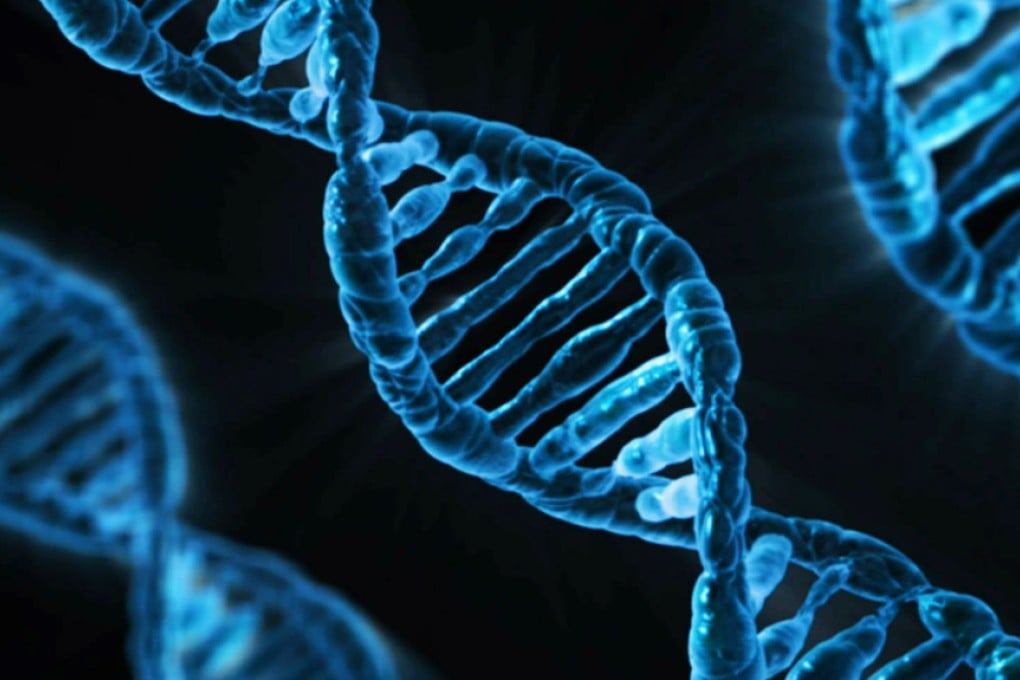Chinese scientists genetically modify human embryos for the first time
Breakthrough in editing human DNA is hailed at home but prompts ethical debate in the West

A team of Chinese scientists have successfully edited human DNA in an embryo for the first time, winning support at home but prompting controversy in the West.
Huang Junjiu, associate professor of biology at Sun Yat-sen University in Guangzhou, and colleagues used cutting-edge technology to "cleave" a gene responsible for beta thalassemia, a common and sometimes deadly blood disorder among children in south China.
But the study has caused uproar among some in the scientific community.
The paper detailing the work was submitted to the journals Nature and Science but was turned down over ethical objections. Writing in the journal Protein & Cell, the authors said they were aware of the ethical issues.
They used "non-viable" embryos discarded by hospitals, or eggs fertilised by multiple sperm. Such embryos have been used by scientists around the world for decades because they cannot lead to a live birth.
One critic, British biologist Edward Lanphier, told Nature that "we need to pause this research and make sure we have a broad-based discussion about which direction we are going".